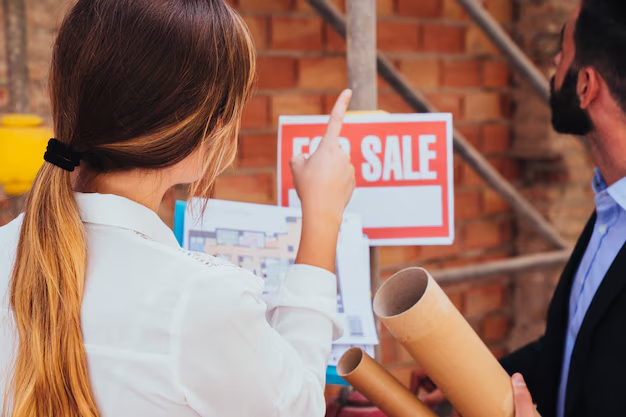Finding Your Ideal Apartment: Steps to Success
Securing an apartment can feel like a daunting task, especially if you're navigating the rental market for the first time or trying to make ends meet. Whether you're moving to a new city or looking for a place to call your own, there are strategic steps you can take to simplify the process. Here's how you can ensure you're on the right path to finding an apartment that meets your needs and budget.
Establish Your Budget
Your first step should be to determine how much rent you can afford. A common rule of thumb is that housing costs should not exceed 30% of your monthly income. Budgeting carefully ensures that you're well-prepared to handle rent along with other expenses.
Scout the Market
Once you have your budget, start researching neighborhoods and looking for listings. Utilize rental websites and apps to compare options and get a clear idea of current market rates. Look for listings that meet your criteria for size, amenities, and location.
Prepare Your Application Documents
Landlords typically require the following documents:
- Proof of Income: Recent pay stubs or tax returns.
- Rental History: Details of past rentals, including contact information for previous landlords.
- Credit Report: A clean credit history increases your chances, but if your credit score is an issue, some landlords are willing to discuss exceptions.
Explore Financial Assistance Options
If affording an apartment seems challenging, consider looking into governmental and non-governmental assistance programs. Several resources can provide assistance in helping you find and secure affordable living arrangements:
- Housing Vouchers: Programs like the Section 8 Voucher Program can help low-income individuals by covering part of their rent.
- Non-Profit Organizations: Many offer assistance with housing costs or have guides to affordable housing options in your area.
Negotiate Where Possible
Rent prices are often negotiable. If you find an apartment that you love but is slightly above your budget, don’t hesitate to negotiate. You can ask for a lower monthly rent or request perks like a waived pet fee or included utilities.
Utilize Credit Solutions Wisely
In a pinch, credit cards might offer an immediate solution, but only if used responsibly. Consider a low-interest credit card or personal line of credit as temporary assistance, ensuring you have a plan to repay it promptly to avoid debt accumulation.
Consider Educational Grants
If you're pursuing or planning for education, some grants indirectly support housing needs, such as offering stipends that can be put toward living expenses, including rent.
Quick Resources for Financial Assistance
Here’s a quick list to aid your apartment search and financial planning:
🎟️ Section 8 Housing Vouchers: Provides financial assistance to low-income renters.
🏢 Local Non-Profits: Offer rental assistance and affordable housing programs tailored to your area.
💳 Credit Solutions: Look for low-interest options and ensure a repayment plan.
📚 Educational Grants: Check if your current or future education plans provide stipends or housing benefits.
Finding an apartment that fits your needs and budget is achievable with the right preparation and resources. Stay informed, be proactive in seeking assistance, and remember that your perfect apartment is out there. Happy hunting!

